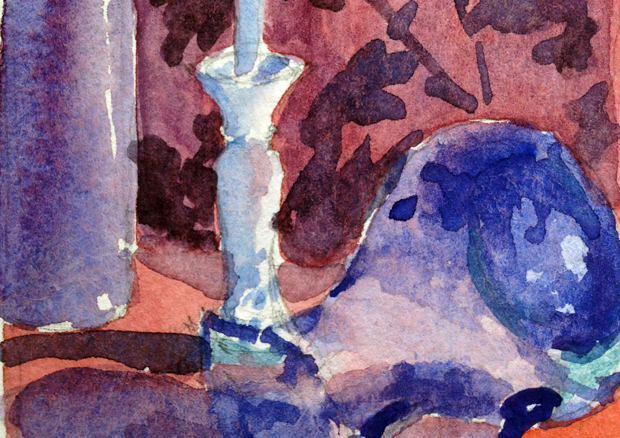Where there is despair, hope;
In environmental circles, hope has gotten a bad name. It’s seen as passive naïveté in the face of harsh facts, the data and realities of a losing battle against the continued, even escalating, ruin of the planet. Seriously, the weary activists say, what hope is there in the face of upward trending climate change, rainforest loss, extinctions, superstorms, Keystone XL, Pacific trade agreements, WalMart, the gap between rich and poor, and on and on?
Worse, some might say, such wishful thinking prevents the clear-headed warriorship that is most needed to combat these evils. Yet, this is the very either/or thinking that got us into most of these messes in the first place. That “us-versus-them” mentality keeps us trapped in a story that says it’s irresponsible to hope in the face of despair. We have to save hope for after we beat the bad guys.
Yesterday, I was doing graphic recording at a meeting of Baltimore’s Sustainability Commission, hearing about all the wonderful things going on in our city, feeling a great momentum of positive action on trash, renewable energy, vacant lots, urban farming, social enterprise, parks and beauty. The thread weaving it all together was community, the solid intention to bring people together around a common vision of a healthy, prosperous, vibrant city for all. That strikes me as a very tangible expression of hope. Hope in action.
It reminds me of “functional intelligence,” a category defined by psychologists as people who are generally good at life. Having a high IQ or good grades isn’t necessarily a guarantee of success if you can’t negotiate the day-to-day challenges of life. Studies of people with high functional intelligence show that they have practical, realistic, all-around skills to cope, even to thrive, in any circumstance, no matter what life throws at them.
Andrew Harvey’s book, The Hope, has stories of what he calls “spiritual activism.” As he defines it, we can bring together the best of both worlds: the grounding and nourishment of spiritual practice, plus the fierce truth-telling of activism. A dedicated student of the poetry of Rumi, Harvey points out that Rumi’s poems are particularly suited to cultivating the humility, faith and presence that these times demand of us.
The wise elder Joanna Macy has a helpful metaphor along those lines. She speaks of a dynamic balance of the fire of compassionate action with the coolness of contemplation and meditation, both spiritual practices. Fire and water.
The kind of hope I want to cultivate, even in the face of despair, is a functional hope. Macy’s recent book, Active Hope, is full of practices and stories for cultivating hope. The book’s subtitle, “How to face the mess we’re in without going crazy,” which pretty much says it all. In any era, the only way out has been through. In order to cultivate hope, it’s necessary not only to face our despair, but to befriend it, to embrace it. To create enough space in our hearts for both to co-exist.
This is part of a daily exploration of the Prayer of St. Francis, which you can read here. The lines before this one are here, here, here, and here.


I am so glad you have shared this. It is a very spiritual response to my more mundane reaction to this conundrum: I realize humanity may not survive climate change, but instead of despair or wishful thinking, I revert to pragmatism. Yes, the situation is dire. But that does not mean I must stop working for a better future, even in the face of imminent catastrophe, because doing good is its own reward. And anyway, what would be my alternatives? Do nothing? Ignore the problem? Embrace the dark side? No. I want to go down having fought every single day, in big and small ways, against human hubris, and for an environmentally healthy, biodiverse, socially just and economically equitable society. Rumi and Zen are my allies.
Well said! Thank you for sharing your thoughts. “Doing good is its own reward” — yes, indeed! Keep on keeping’ on. . . . .
“Hope in action”
BINGO!!!
Pingback: Prayer is an expression of reciprocity | Thriving on the Threshold